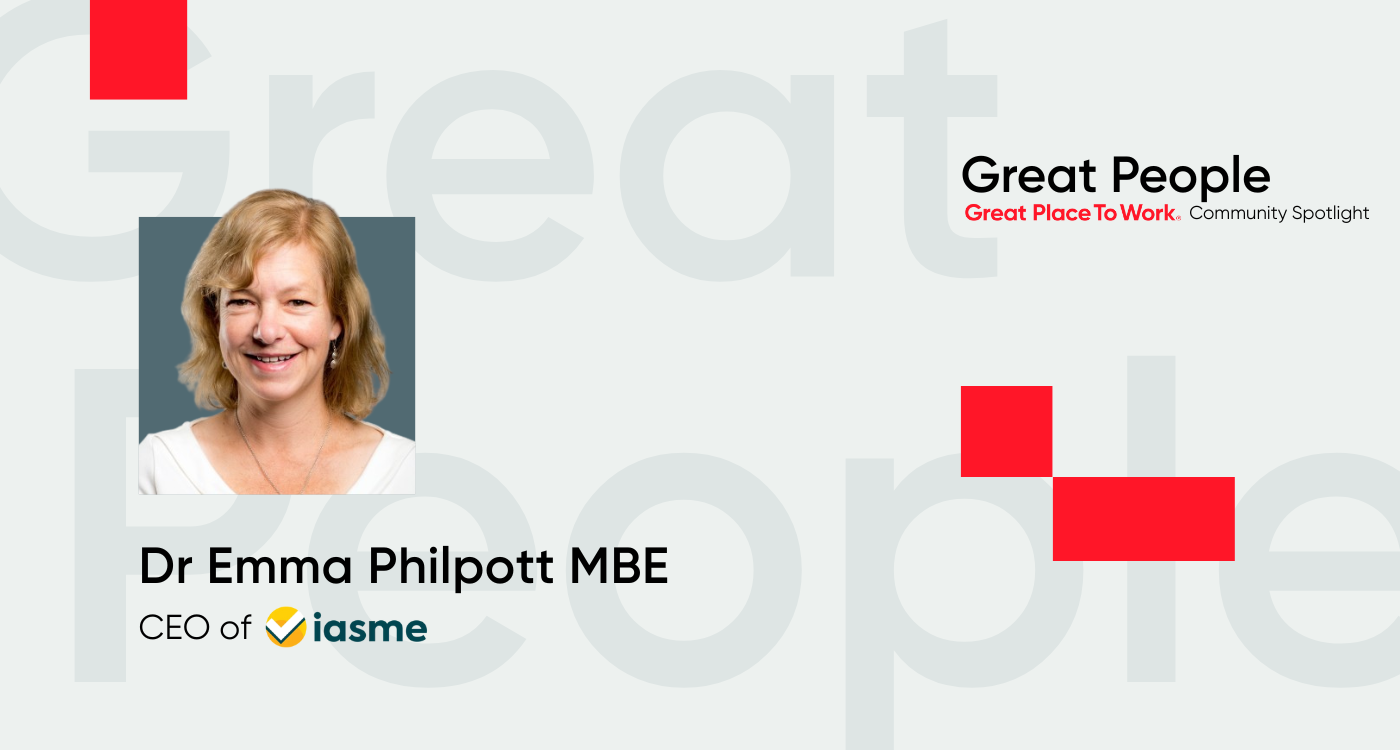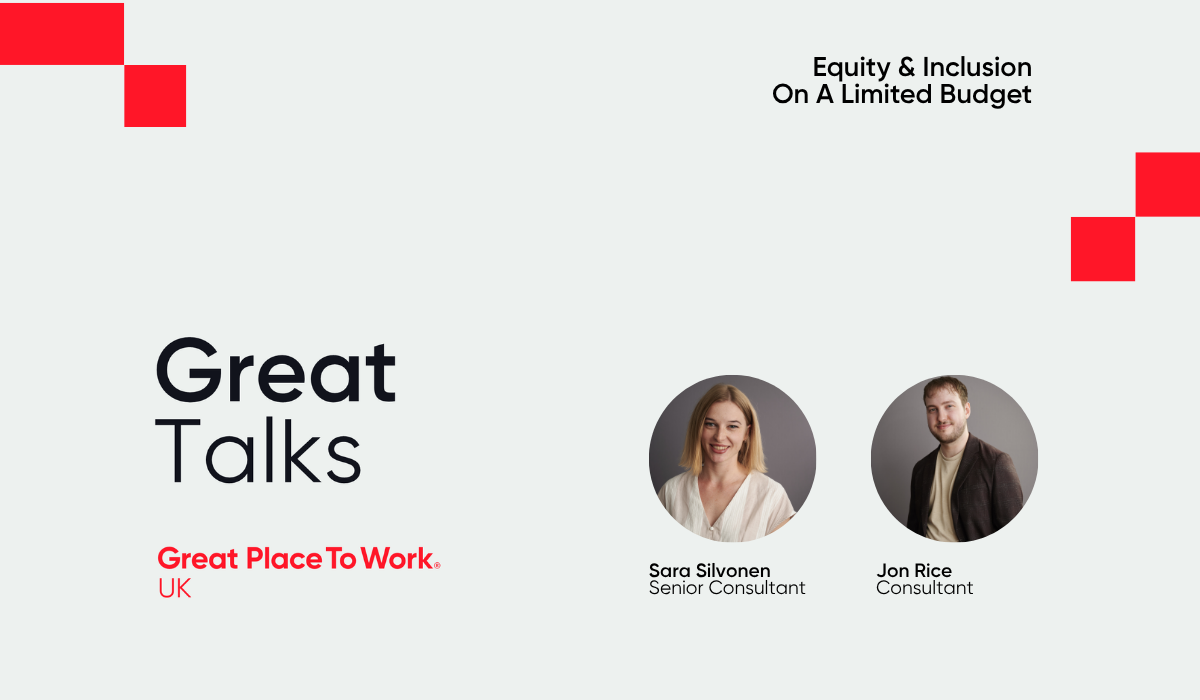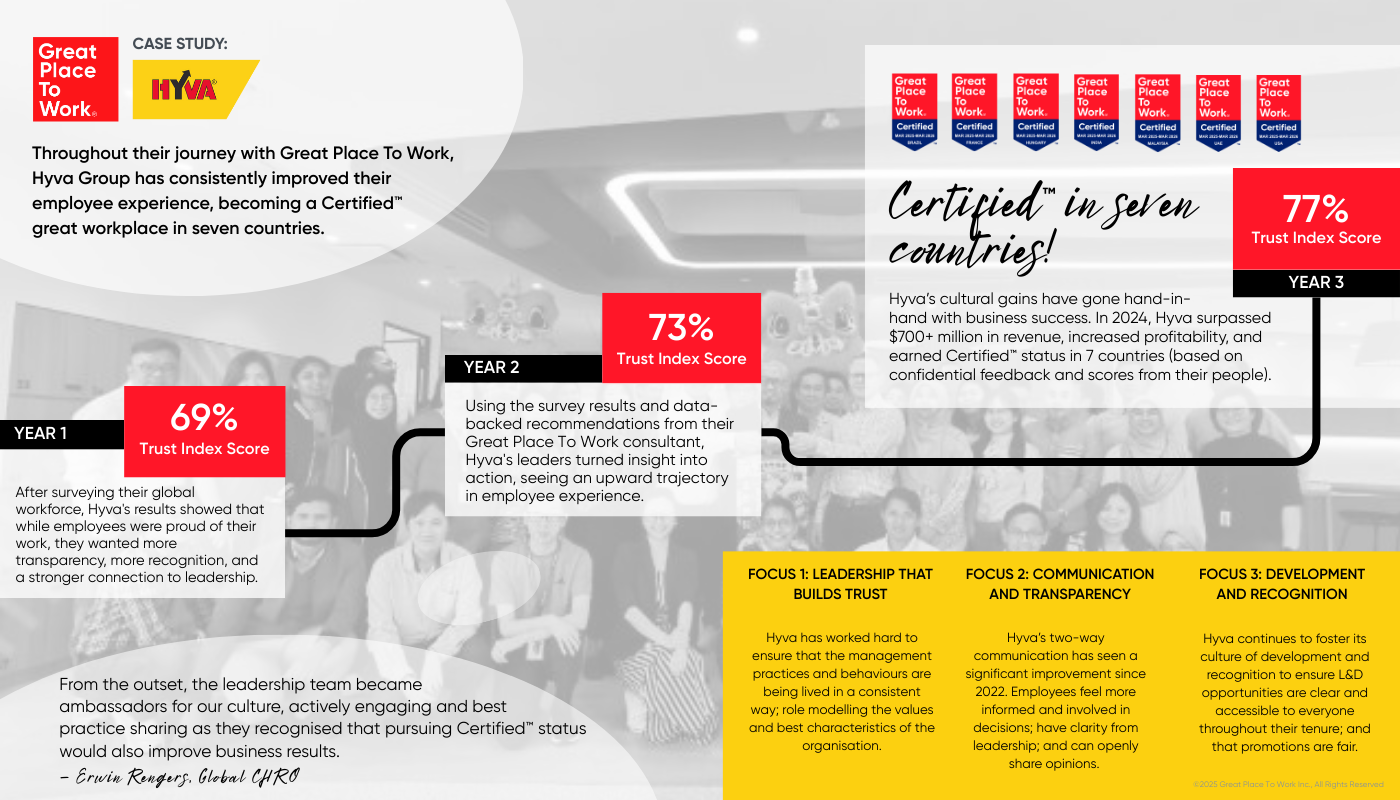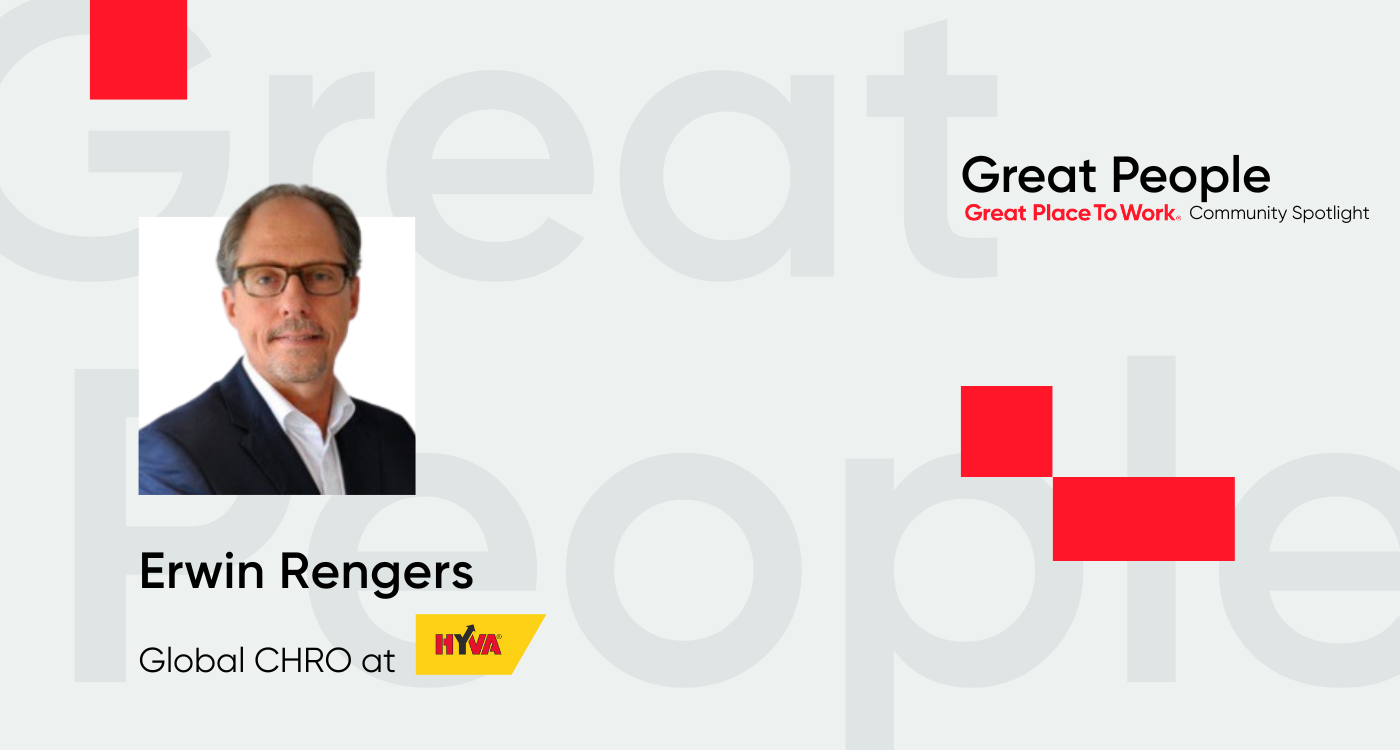In many ways, biopharma is flourishing.
The UK has an enduring reputation for scientific excellence – known for its groundbreaking R&D, 28 Nobel Prize laureates in physiology and medicine, and producing nearly a third (29%) of European scientific journal publications.1
Currently, the UK is Europe’s leading biotech hub in breakthrough life sciences start-ups1; and by 2030, life sciences more broadly is estimated to create around 133,000 jobs across the country.2
But in an industry characterised by complex research processes, stringent regulatory requirements, and high stakes, employees in the life sciences sectors are experiencing some of the highest levels of stress and risk of burnout than ever before.
Close to half (44%) of UK employees in the biopharma industry feel they experience excessive stress due to the demands of their job3, with an even greater proportion (48%) saying they find their work ‘exhausting’4.
The impacts of stress
Stress in the workplace (whether job-related or not, and even when one’s workplace is at home) is directly correlated with absenteeism and presenteeism, lower productivity, financial waste, and poor customer service.
As Sara Silvonen, Senior Consultant & Wellbeing Lead at Great Place To Work UK, explains:
“Studies show that UK employers – including those in life sciences – are losing around £45 billion5 and 17 million working days6 due to employees’ stress, depression and anxiety. Even excessive worry around a simple unmet deadline, for example, can lead to an acute anxiety response – and potentially a full-blown disorder if such concerns become habitual.
If life sciences employers wish to improve their talent attraction and retention, they must recognise the importance of employee wellbeing, and put in place measures that help individuals safeguard against chronic stress, so that they (and the company they work for) can thrive.”
People first: a proven hypothesis
.png?width=284&height=284&name=Square%20Visuals%20(75).png)
Examination into employee experience – where the hypothesis was that greater employee job satisfaction would lead to better business outcomes – has shown time and again that those organisations with the best workplace cultures are also the ones enjoying increased profits and higher levels of productivity year on year.7
The study, which sampled an equal-weighted portfolio of companies ranked the ‘Best’ between 1984–2020, found that these organisations earned an excess return of 2%-2.7% per year.7
In addition to considering pay and benefits programmes as part of the analysis, these top-performing companies were noted for their extremely high levels of trust felt by employees, as well as workplace opportunities provided to help people reach their full human potential, regardless of their role or location.
Proof that when employees thrive, so does the business.
“Given that work affects people’s wellbeing, and that wellbeing is vital for long-term organisational success, guarding the health and wellbeing of employees should be a strategic priority for all organisations,” says Sara.
“It boosts the daily employee experience as a differentiating factor of great workplaces, and ensures that workforce productivity is sustainable.”
Predictable talent retention
Our analysis of over 140,000 confidential employee survey responses found that flexibility, autonomy and work-life balance remain among the top priorities for workers across the UK, including among workers in biopharma.8
One confidential employee shared in their survey:
“[There is] a supportive and balanced approach to flexible working which ensures that the patients we serve are not impacted and employees’ wellbeing is always considered. There is lots of information available (and promoted) to all employees on personal wellbeing, mental health, staying healthy, physical fitness, etc.”
.png?width=277&height=277&name=Square%20Visuals%20(76).png)
“We also found that 82% of employees at Great Place To Work Certified™ companies say they “want to stay here for a long time” – a startling contrast to the UK average of just 55%, and proof that providing employees with better work-life balance is a significant determinant of improved staff retention,” says Sara.
A data-driven approach to improving culture
AbbVie – one of the world’s leading biopharma organisations, and ranked among the Top 20 UK’s Best Workplaces for Wellbeing™ in 2023 – has used Great Place To Work’s Trust Index employee survey for nearly a decade.
The survey itself uses precise, rigorously tested statements backed by a data-driven model based on feedback from 100 million employees across 26 industries worldwide. Additionally, the survey platform helps organisations like AbbVie to contextualise their results by benchmarking to real data from similar companies within the their sector.
AbbVie’s leaders have therefore been able to elicit meaningful insights and data to help uncover some of the key aspects of what makes their workplace culture unique, and continuously drive positive culture change within the organisation.
In 2022, AbbVie introduced a new hybrid work model, ‘Where We Work’, to provide greater flexibility for office-based employees across all locations globally.
The model has local applications, which typically sees UK employees who can perform their role virtually working onsite three days a week.
Leaders worked with their teams to determine norms that reflect AbbVie's business needs, the needs of the team, and individuals’ working preferences. By involving employees in the process, AbbVie was able to support predictable flexibility with shared responsibility, monitoring and evolving the model where needed to deliver on results and priorities.
Anna Oliver, Abbvie’s UK HR Director, said:
"This is a real step forward in allowing colleagues to have a more predictable flexible working pattern which will undoubtedly help maintain a good work-life balance. What's great to see though is a real buzz around the office as employees come together to collaborate and innovate in a face-to-face setting."
One survey respondent from the company shared:
“Results of this survey have resulted in real improvements and changes to the way we work and do things. It is great to see that the Company listens and takes action and this is not just a 'formality'.”
Take a data-driven approach to workplace culture
Understand and improve on your employee experience to boost engagement and retention.
Sources
[1] McKinsey (2021) The UK biotech sector: The path to global leadership
[3] Great Place To Work UK (2023) UK Population Study
[4] O.C. Tanner (2023) Global Culture Report
[5] Deloitte (2020) Poor mental health costs UK employers up to £45 billion a year
[6] Health and Safety Executive Annual Work-Related Ill Health and Injury Statistics, Nov 2022
[7] Boustanifar and Young Dae Kang (2022) Employee Satisfaction and Long-Run Stock Returns, 1984–2020.
[8] Great Place To Work UK 2023 Wellbeing at Work Report
-1.png)









